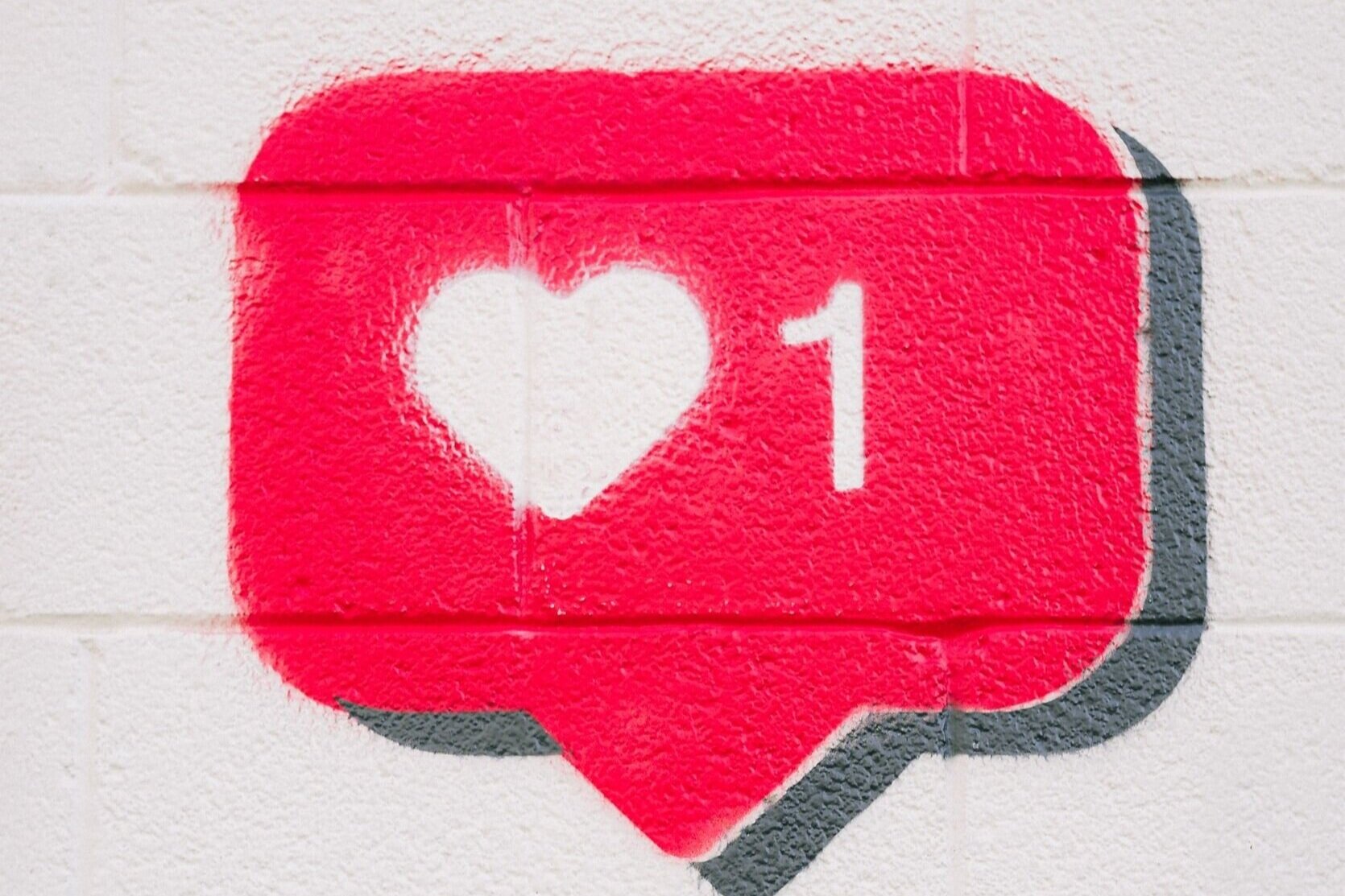New EU legislation forcing digital platforms to take more responsibility for content
This week, a new piece of legislation called the Digital Services Act, or DSA, passed in the European Union. This legislation will force tech companies like Google, Meta and Twitter to take more accountability for the content that is posted on those platforms.
The idea behind the law, which will likely go into effect sometime in 2025, is that what is illegal offline should also be illegal online.
Some of the biggest takeaways from the DSA legislation include:
Meta, Google, and Tik Tok will have to openly explain their algorithms to users (and hence, to each other?!)
Platforms will have to explain clearly why content is removed and give users the opportunity to appeal their content being taken down. This could mean the end of the “shadowban”.
It will become illegal to manipulate users to make certain choices by purposely creating a confusing user interface.
Sellers of illegal goods and services will lose their anonymity, as online marketplaces will be forced to keep certain information about sellers.
It will be illegal to target advertising messaging to users based on their religion, sexual orientation, and ethnicity.
Why the EU’s DSA legislation matters
Despite the fact that the legislation only applies to EU citizens, the tech companies will have to decide whether it makes more sense to make the changes globally, or to make these changes in a localized manner.
Also, if you’ll remember what happened with GDPR, the EU legislation about online privacy and transparency, many US companies proactively made changes to comply with GDPR. Essentially, GDPR influenced the way much of the world markets. It stands to reckon, that DSA will have a global effect as well.






